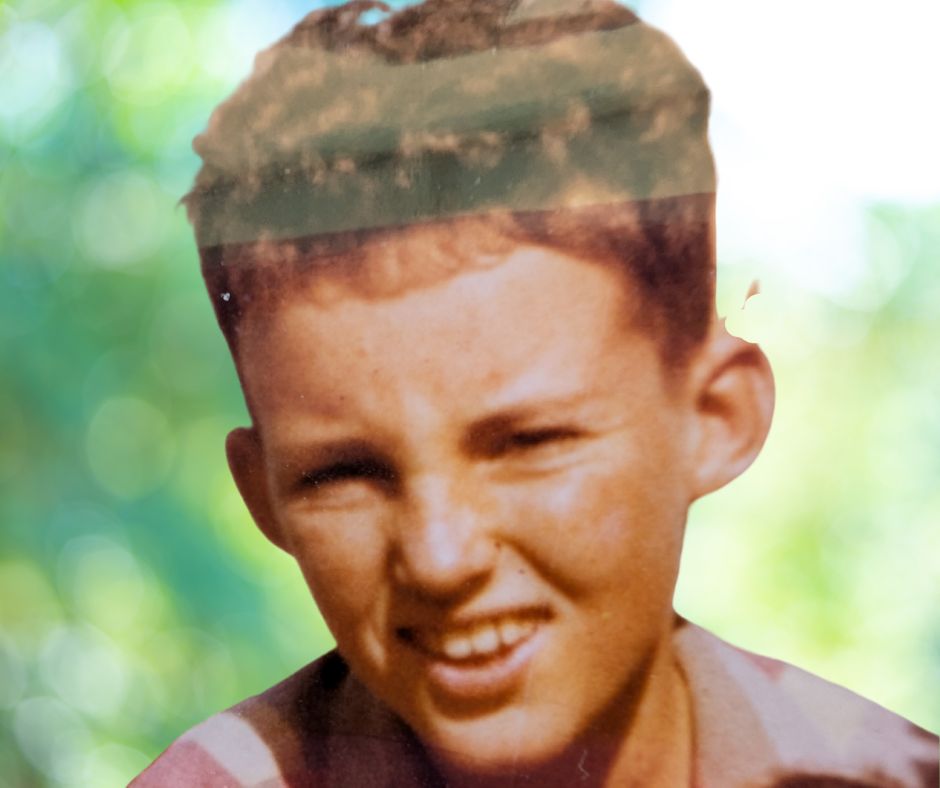Being with a loved one as the end of their life nears

It was a privilege to be with my brother (pictured as a youngster), even for a short time, at the end of his life. He spent his last days in palliative care in an Adelaide hospital. At very short notice, I packed the dog into the car and drove from Melbourne to Adelaide to say goodbye.
It was confronting to arrive at a hospital where patients were routinely rolled out through off limits passageways rather out through a revolving front door and back into the glare of daylight and the promise of improving health.
It was confronting to see my brother’s emaciated frame. That picture etched into my mind still conflicts with my memories of him as a robust and physically strong man.
Above the din of chatter elsewhere in the room, I whispered to my brother. Stroking his hand I reminded him that he was a good man. He was a man of principle and a good father. I watched his eyelids flicker. It pained me that he had lived a life that served up much less than he deserved, a life of seemingly inescapable trauma. I told him how much I loved him. I thanked him for being my brother. Weeping, I kissed his forehead.
I left. Shattered.
And then, he left too.
Find out more:
Cancer Council Victoria. Caring for someone at the end of life. Donate Now (Accessed 4 November 2024)
Phillips, S. What to say to someone who is dying: my guide to supportive conversations (Accessed 4 November 2024)
Who do you want to be by your side when your time comes. Store your wishes in one of Secure My Treasures bespoke chests.
